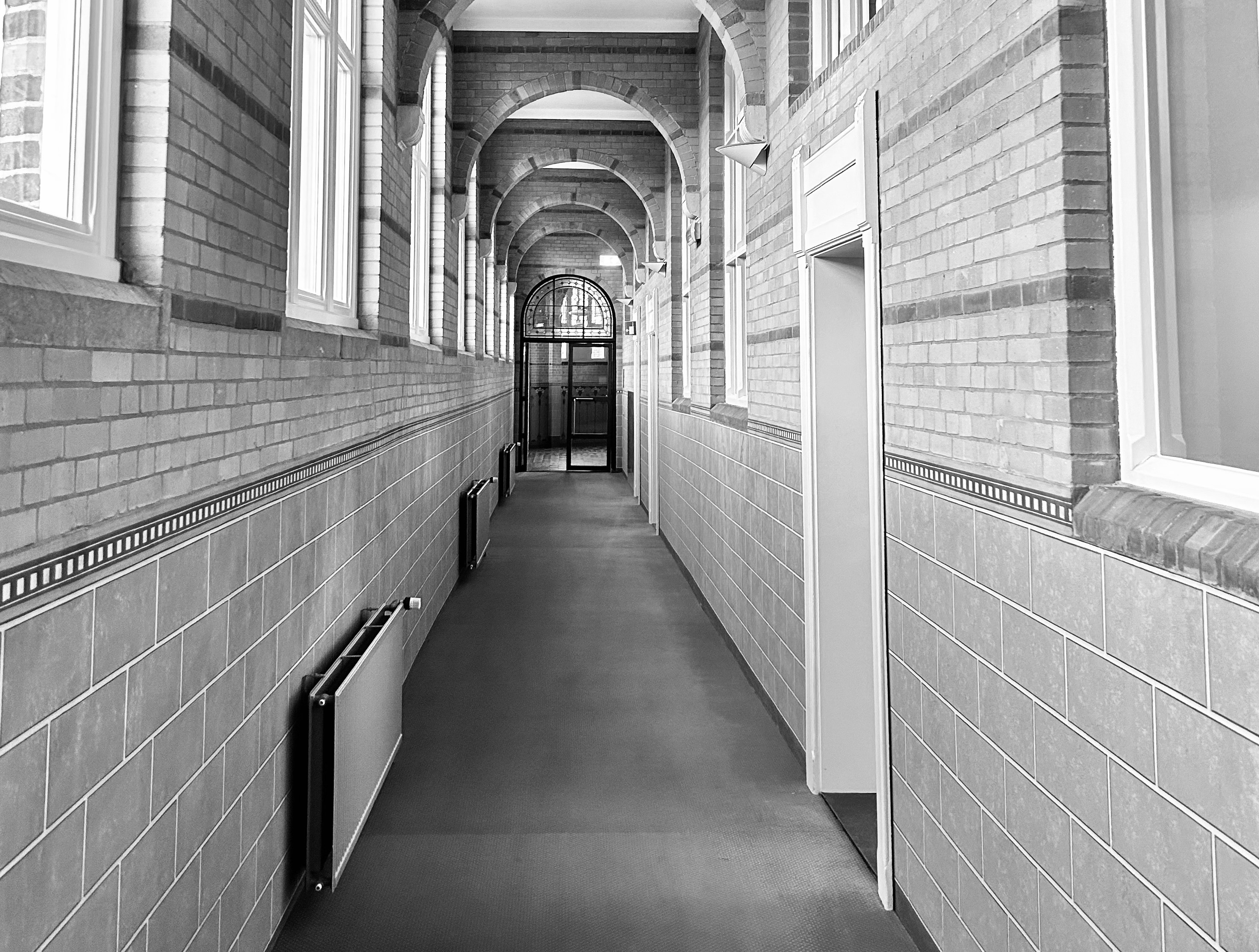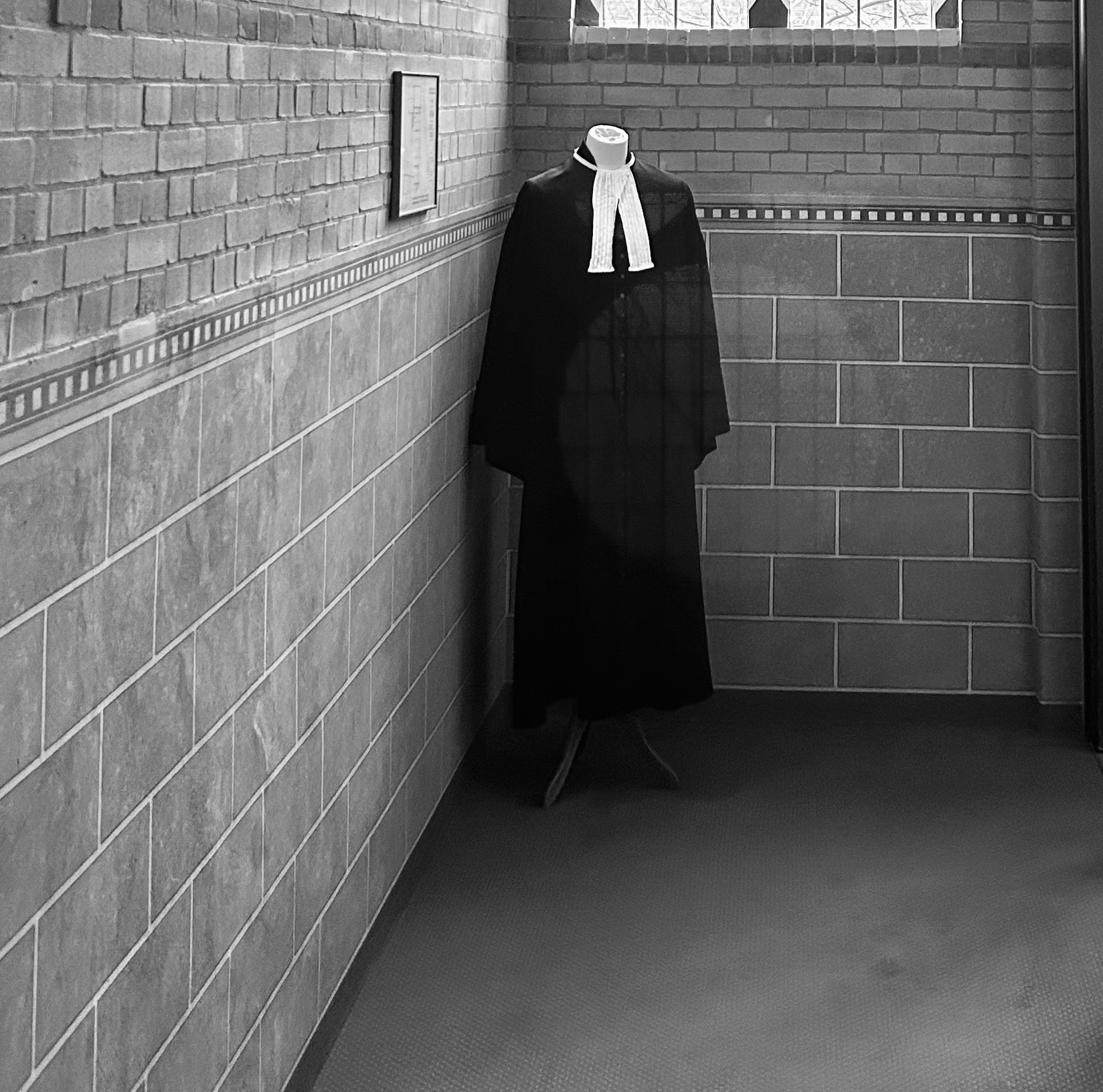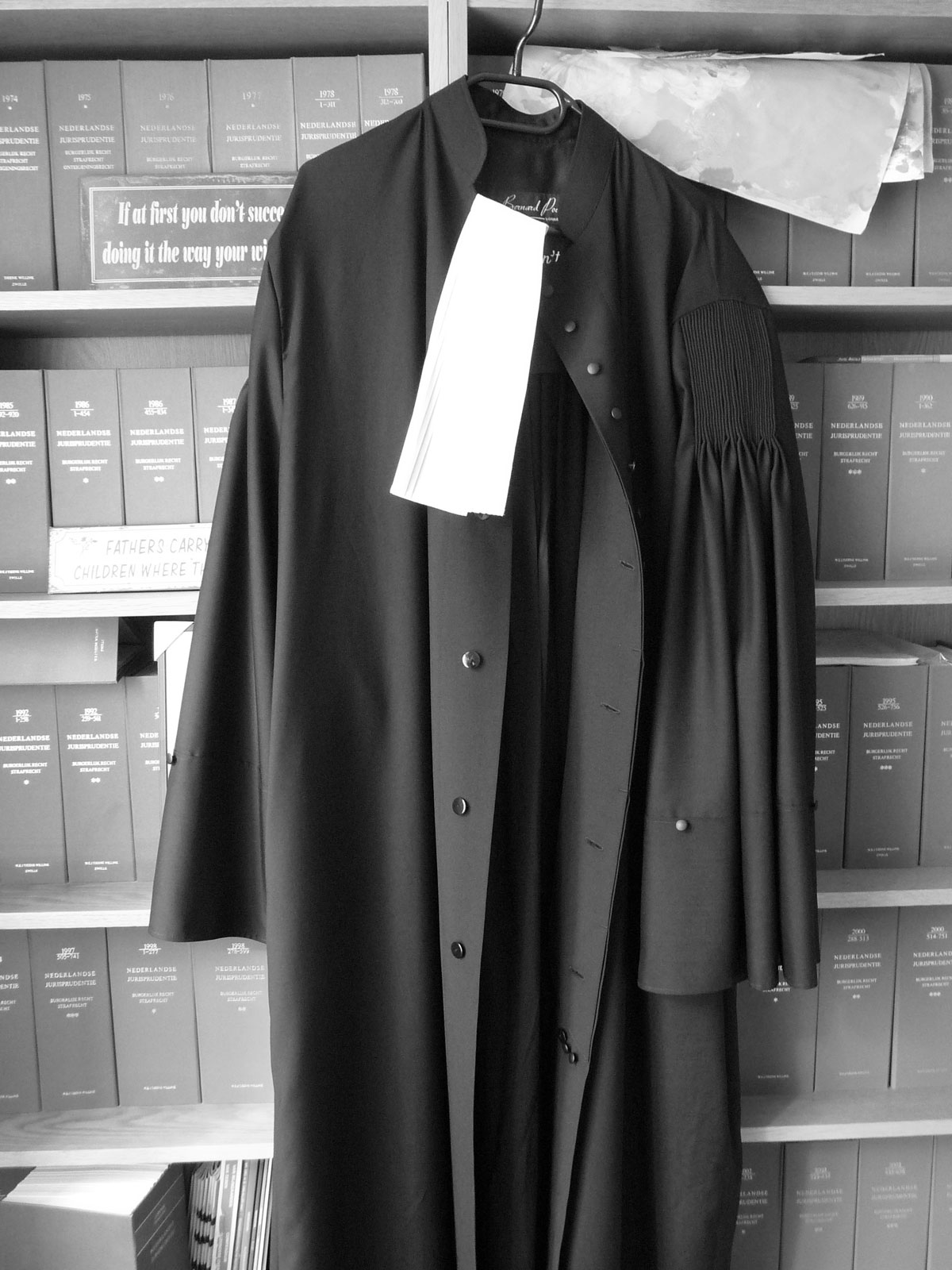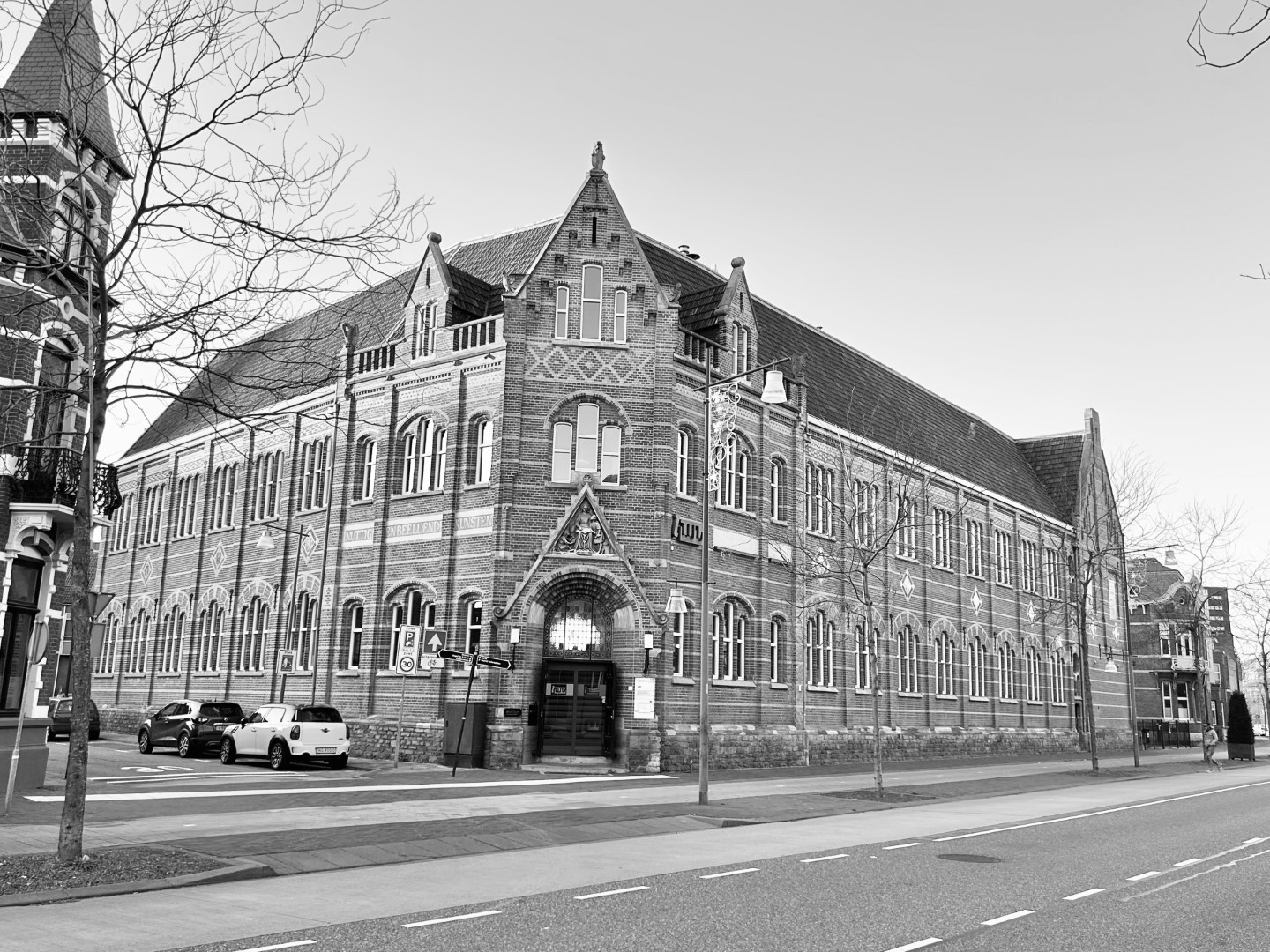Rent law
From an economic perspective, the lease agreement is one of the most important agreements in our law. It is therefore not surprising that the lease agreement is extensively regulated in the Civil Code. Incidentally, this happened fairly recently. In the past, there was a patchwork of legal provisions that applied to the lease agreement.
On 1 August 2003, this old patchwork was replaced by Articles 201 to 310 of Book 7 of the Civil Code. A distinction is made between the provisions that apply to the rental of commercial premises and those that apply to the rental of residential premises. The court has considerable powers, particularly in the provisions concerning the rental of commercial premises. For example, the court must rule on disputes concerning whether or not there are defects in the rented property and who is liable for them. Other important questions that the court must answer include whether a landlord may terminate the lease correctly and on the basis of an actual ground for termination. The court may also be asked to rule on whether the rent for the leased property should be changed.
Good guidance in such proceedings can be decisive for winning or losing. We would like to be your guide. However, this applies not only to proceedings, but also to the process of preventing proceedings. If you intend to let your (commercial) property or, conversely, to rent it, we will be happy to advise you on the lease agreement and the terms and conditions to be included in it.








